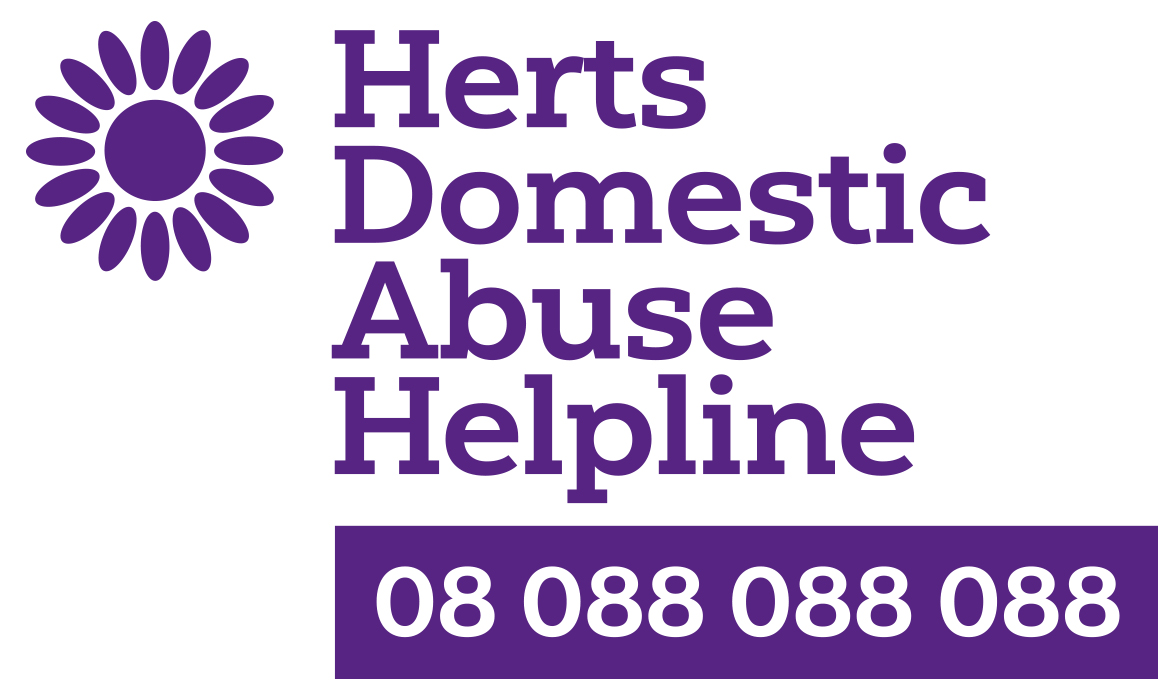Research around the experiences of women facing domestic abuse tends to fall into two categories: 'younger’ women and ‘older’ women. This means mid-life women, i.e. those likely to be facing menopause, often fall through the gaps.
Although statistics regarding domestic abuse rates for mid-life women in the UK are almost non-existent, domestic homicide rates are high for this group. Statistics from the Femicide Census found that over a third (38%) of women killed by their partner or ex-partner are in the 36-55 age range. This suggests a high rate of domestic abuse within this age group, and the need for further examination.
Davina McCall has been very open recently about her own experiences, revealing that she believed she was developing early onset Alzheimer’s when she started going through the menopause. The TV host admitted she has been paranoid about the brain disorder ever since her father, Andrew, 76, was diagnosed three years ago. This is only one symptom that a perpetrator could use to their advantage, enabling them to gaslight their victim.
Common presenting problems that couples face include intimacy issues (physical and emotional), communication problems, bereavement, infertility, unresolved feelings of anger and/or resentment from one partner towards the other, which could lead to the fall out of an affair. These problems combined with menopausal symptoms and changes can affect a survivor’s confidence or leave them feeling vulnerable and this can be exploited by abusers to shame, control or humiliate.
While menopause has a wide range of symptoms and can also cause mood swings and trigger behavioural changes, the menopause is not an excuse for violence. It is recognised that some female perpetrators can use the menopause as an attempt to disguise their abusive behaviour towards their partner.
Women experiencing both menopause and domestic abuse are likely to face significantly elevated health needs. In some cases, the impact of these experiences may interact, overlap or mask each other. Papers on ‘older’ survivors regularly highlight a need for improved health services responses, including routine enquiry and signposts to specialist support. This is crucial considering the finding that this cohort of survivors have elevated health-related needs.
One UK based study with women aged 50+ who had experienced abuse found that three-quarters of the women defined themselves as in ‘very poor’ mental and physical health and were using coping mechanisms, such as excessive and long-term use of alcohol, and prescription and non-prescription drugs. This suggests a potentially high rate of multiple disadvantage among ‘older’ survivors of abuse.
Another study involving 21 focus groups capturing the perspective of midlife women (45 to 55) and ‘older’ women (55 and ‘older’) found the following barriers to accessing services:
- Powerlessness: Many respondents expressed the belief that services were either not available or not appropriate for people their age.
- Self- blame: Shame of marital failure was particularly powerful for ‘older’ women.
- The need to keep abuse secret from others: women found it was extremely difficult to break silence with regard to secrets that they have been keeping for most of their lives.
- The need to protect family: a want to protect children from harm or upset
- Hopelessness: Some respondents believed that a long relationship offered no hope of escape, and discussed the invisibility of ‘older’ women in society
Savvy Sisters are a community of like-minded women facing, or going through the menopause. Join them at their next live event, connect with women who understand, and discover resources to help you feel supported, whether you’re perimenopausal, menopausal, or supporting someone you love through the process. To book your tickets please visit Savvy Sisters – Menopause Events for YOU and your menopause (savvy-sisters.co.uk) A percentage of tickets sales are kindly being donated to the Helpline.
If you have been affected by Domestic Abuse, we are here to listen. Our Helpline is open 9am-9pm weekdays and 9am-4pm weekends.

